The sticky issue of honey fraud
Supermarket shelves are flooded with fake nectars laced with cheap sugar syrups
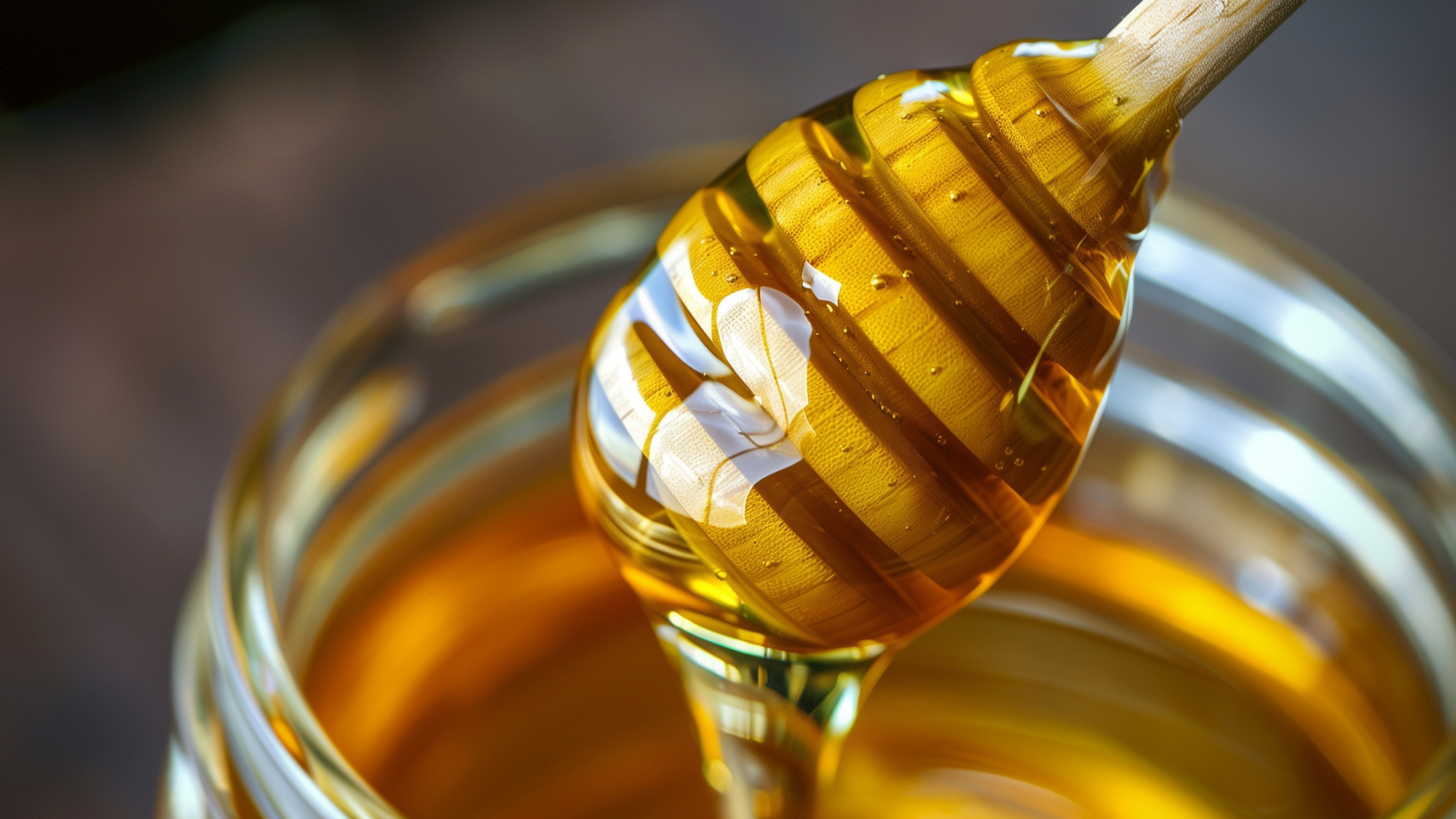
A free daily email with the biggest news stories of the day – and the best features from TheWeek.com
You are now subscribed
Your newsletter sign-up was successful
For the first time in World Beekeeping Awards history, there will be no prize for honey at its congress, in Denmark next year, over "concerns about fraud in the global supply chain", said Emma Rossiter on BBC News.
Apimondia, the International Federation of Beekeepers' Associations, made the announcement on Saturday, revealing the decision was "necessitated by the inability to have honey fully tested for adulteration".
'Attractive to fraudsters'
UK retailers have found themselves in a "sticky situation" in recent years, as the sheer scale of deception within the sector has emerged. A damning report published by the European Commission last year found that 46% of imported honeys were found to be fraudulent, including all 10 samples from the UK, reported Jon Ungoed-Thomas in The Observer.
The Week
Escape your echo chamber. Get the facts behind the news, plus analysis from multiple perspectives.

Sign up for The Week's Free Newsletters
From our morning news briefing to a weekly Good News Newsletter, get the best of The Week delivered directly to your inbox.
From our morning news briefing to a weekly Good News Newsletter, get the best of The Week delivered directly to your inbox.
The UK is the planet's biggest importer of cheap Chinese honey, which experts say comes with a known risk of being bulked out with low-cost syrups. In October, tests commissioned by the Honey Authenticity Network found that 24 out of 25 jars of honey from British retailers were considered "suspicious", but all five samples from UK-based beekeepers were the real deal.
"For anyone feeling duped, it's worth knowing the elaborate lengths these imposters go to", said Hannah Twiggs in The Independent. The complex supply chain of honey, coupled with its high price point, makes the sticky spread "particularly attractive to fraudsters". Syrups made from cheap crops can easily be whisked into jars of premium honey to bulk them out, taking advantage of "outdated" adulteration tests that can only pick up on certain syrups. While these fillers "look and pour" like the real thing, they lack the nutrients or antioxidants that make genuine honey a "natural, healthy delight".
A 'disaster' for bees
Food fraud is a widespread issue that goes far beyond honey; pricey olive oil is often "diluted" with cheaper oils, and low-cost fish are labelled as premium species. But the cost of fraudulent honey, in particular, "spells disaster". Retailers flogging foreign blends at "suspiciously low prices" drive down prices and standards, forcing British beekeepers to rely on farmers markets "just to stay afloat" as supermarkets are reluctant to pay for top-quality. When beekeeping stops being "economically sustainable", beekeepers are forced to "abandon their hives" leaving bees without the vital care they need. "Without bees, entire ecosystems suffer."
Bees have already suffered "wide-scale population loss" due to human activity in recent years, with eight species of bee officially being declared as endangered, added Gerardo Bandero in Fair Planet.
A free daily email with the biggest news stories of the day – and the best features from TheWeek.com
'Taking strides'
It's not all bad news, though. Scientists at Cranfield University in Bedfordshire claim they have found a new testing method that can detect fake honey, without even having to open the jar, said Amy Holmes on BBC News. The method uses a specialist light analysis technique called Spatial Offset Raman Spectroscopy to spot sugar syrups.
Currently this involves "bulky equipment", added William Hunter in the Daily Mail, but the technology has already been implemented into a portable device and researchers hope a "mini version" could soon become available so consumers could check their honeys at home.
The EU is also "taking strides" to tackle honey fraud, revising its legislation on honey labelling to provide improved information on the country of origin, and calling for experts to form a Honey Platform to advise a commission on authenticity and traceability, said Food Safety Magazine.
Until then, there are "practical tips" that can help you spot real honey, said Twiggs in The Independent. While buying honey at the supermarket remains a "murky mix of unknowns", quality honey is often "thicker", takes longer to pour and "doesn't separate as easily". For now, the best assurance remains, where possible, buying directly from beekeepers.
Irenie Forshaw is the features editor at The Week, covering arts, culture and travel. She began her career in journalism at Leeds University, where she wrote for the student newspaper, The Gryphon, before working at The Guardian and The New Statesman Group. Irenie then became a senior writer at Elite Traveler, where she oversaw The Experts column.
-
 Health insurance: Premiums soar as ACA subsidies end
Health insurance: Premiums soar as ACA subsidies endFeature 1.4 million people have dropped coverage
-
 Anthropic: AI triggers the ‘SaaSpocalypse’
Anthropic: AI triggers the ‘SaaSpocalypse’Feature A grim reaper for software services?
-
 NIH director Bhattacharya tapped as acting CDC head
NIH director Bhattacharya tapped as acting CDC headSpeed Read Jay Bhattacharya, a critic of the CDC’s Covid-19 response, will now lead the Centers for Disease Control and Prevention
-
 The year’s ‘it’ vegetable is a versatile, economical wonder
The year’s ‘it’ vegetable is a versatile, economical wonderthe week recommends How to think about thinking about cabbage
-
 Josh D’Amaro: the theme park guru taking over Disney
Josh D’Amaro: the theme park guru taking over DisneyIn the Spotlight D’Amaro has worked for the Mouse House for 27 years
-
 In Okinawa, experience the more tranquil side of Japan
In Okinawa, experience the more tranquil side of JapanThe Week Recommends Find serenity on land and in the sea
-
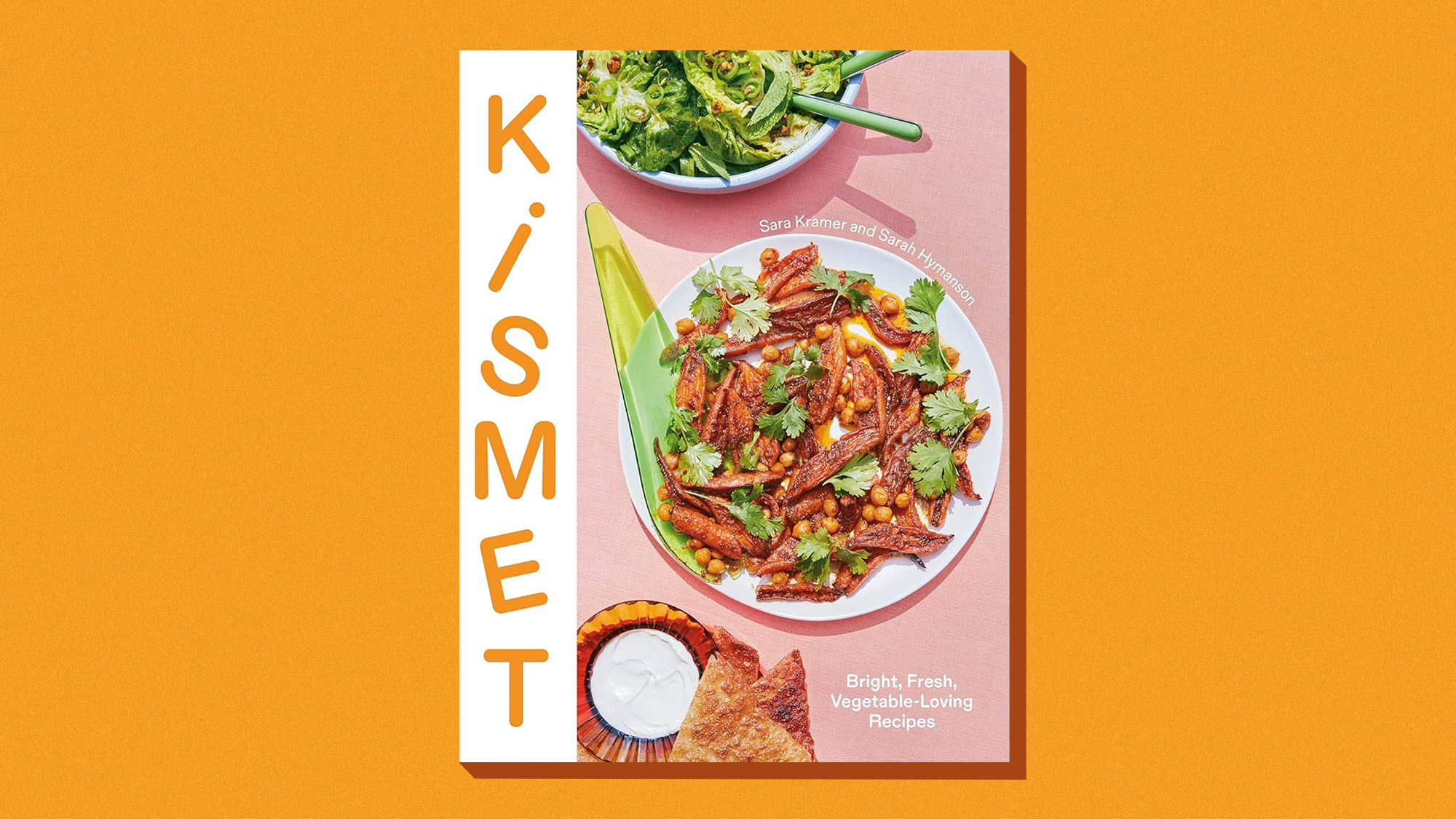 One great cookbook: Sara Kramer and Sarah Hymanson’s ‘Kismet: Bright, Fresh, Vegetable-Loving Recipes’
One great cookbook: Sara Kramer and Sarah Hymanson’s ‘Kismet: Bright, Fresh, Vegetable-Loving Recipes’the week recommends The beauty and wonder of great ingredients and smart cooking
-
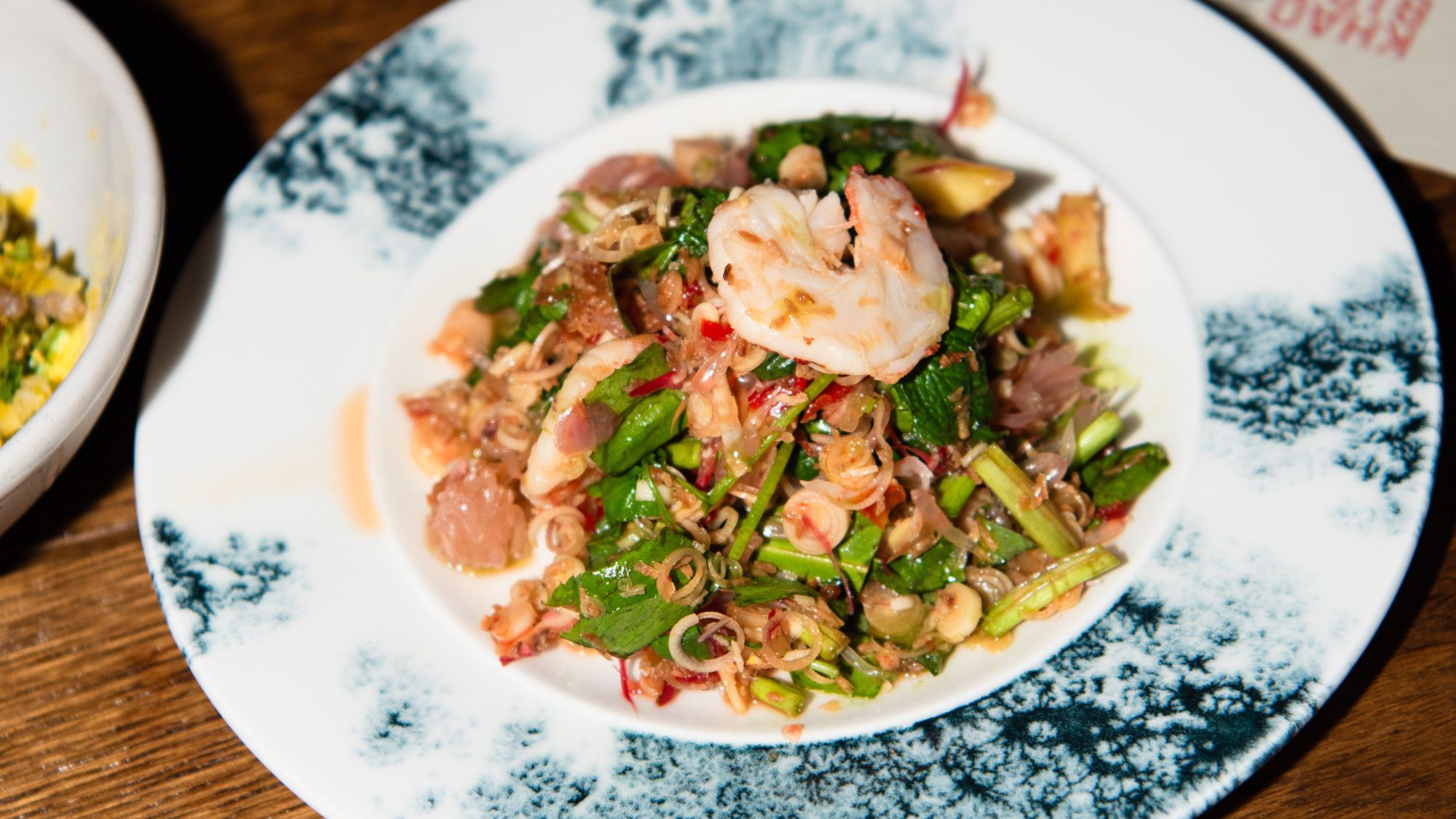 Luke Larsson’s prawn and pomelo salad
Luke Larsson’s prawn and pomelo saladThe Week Recommends Pomelo-sweetened prawns meet spicy dressing and herbs in a sharp Thai salad
-
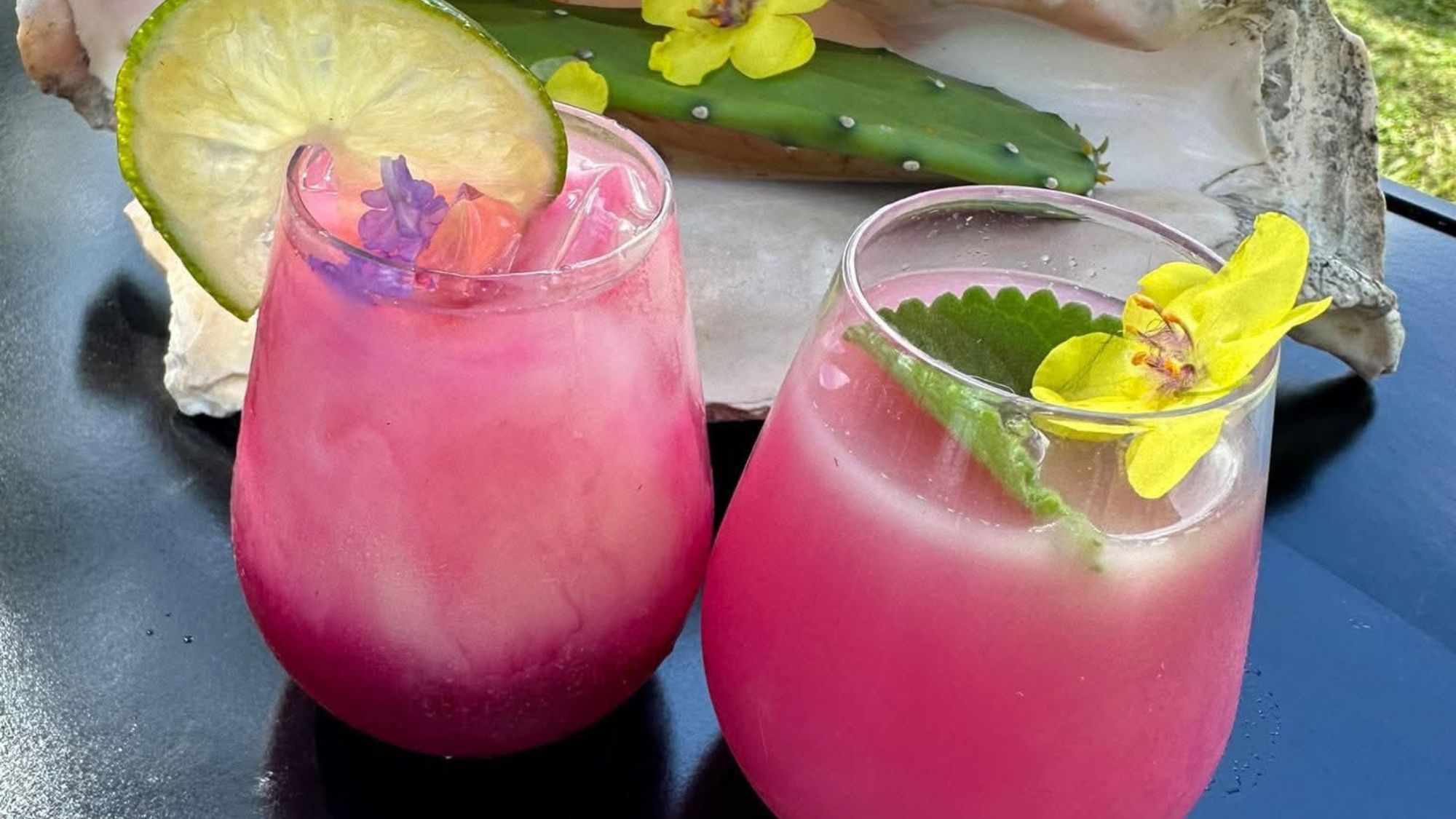 Doreen Williams-James’ prickly pear juice recipe
Doreen Williams-James’ prickly pear juice recipeThe Week Recommends Jewel-toned, natural juice is a thirst-quenching treat
-
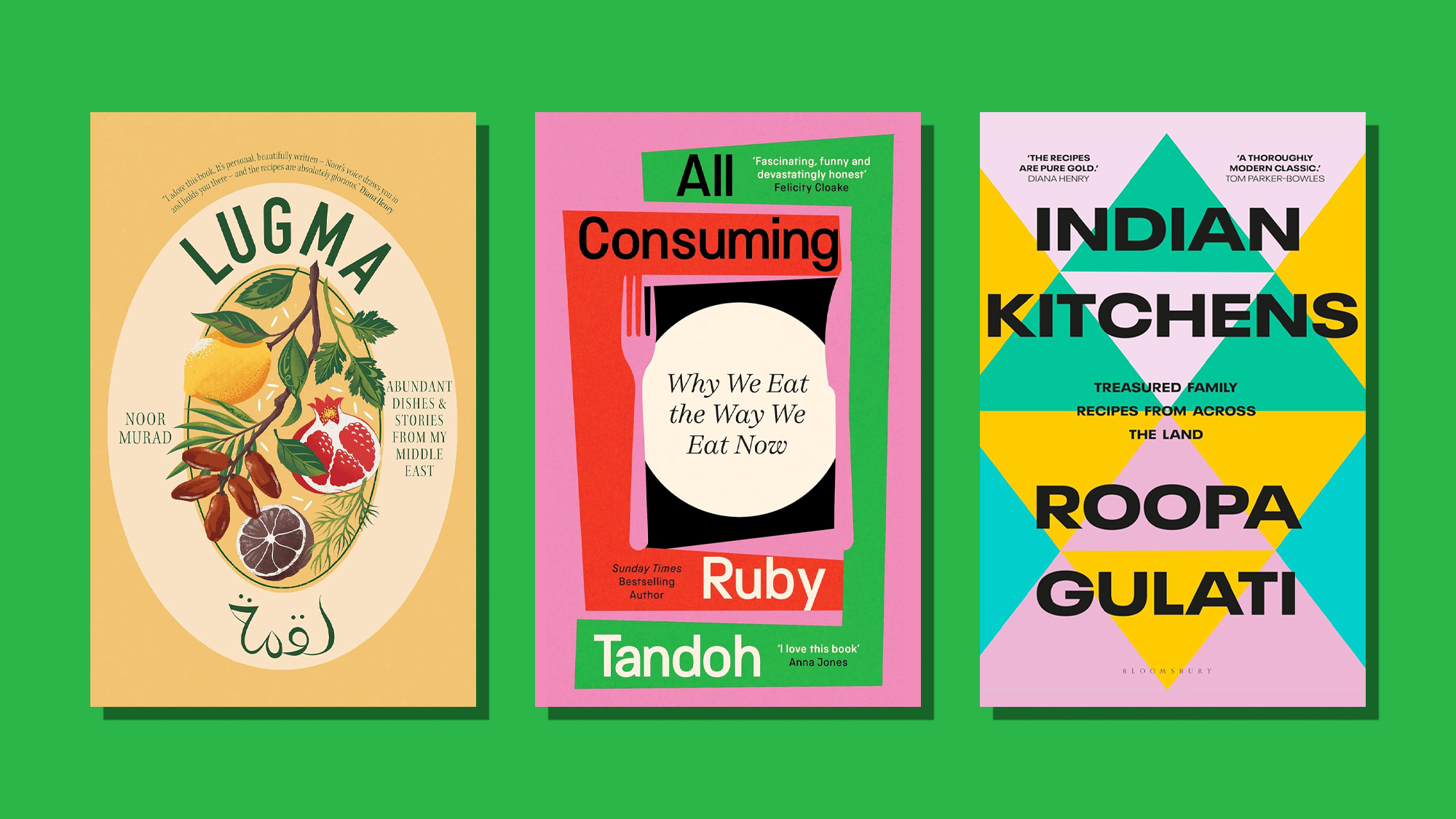 The best food books of 2025
The best food books of 2025The Week Recommends From mouthwatering recipes to insightful essays, these colourful books will both inspire and entertain
-
 8 restaurants that are exactly what you need this winter
8 restaurants that are exactly what you need this winterThe Week Recommends Old standards and exciting newcomers alike